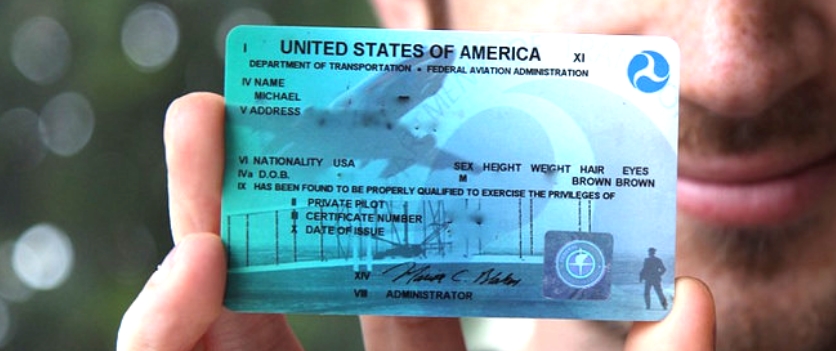Pilots, often referred to as the captains of the skies, play a vital role in the realm of aviation. Their expertise, precision, and dedication ensure the safe and efficient transport of passengers and cargo across the globe. From the moment a plane takes off to its smooth landing, Pilot Instrument Rating are at the forefront, guiding the aircraft through varying conditions and challenges. Let’s delve into the essential role of pilots and the skills required to navigate the skies with finesse.
The Guardians of the Skies
Pilots are responsible for much more than simply flying an aircraft from point A to point B. They are entrusted with the safety of everyone on board, making split-second decisions that can have far-reaching consequences. Before each flight, pilots meticulously plan the route, considering factors such as weather conditions, air traffic, and fuel requirements. During the flight, they continuously monitor the aircraft’s systems, communicate with air traffic control, and adjust course as needed to ensure a smooth journey.
Technical Expertise
To become a pilot, one must undergo rigorous training and acquire a deep understanding of aviation principles and aircraft operations. Pilots must be well-versed in aerodynamics, navigation, meteorology, and flight regulations. They must also possess technical proficiency in operating complex cockpit instrumentation and computer systems. Whether flying a small single-engine aircraft or a large commercial jetliner, pilots must demonstrate mastery of their craft to safely navigate the skies.
Cool Under Pressure
One of the most crucial qualities of a pilot is the ability to remain calm and composed under pressure. In the event of an emergency, such as engine failure or severe weather, pilots must rely on their training and experience to make quick decisions and take decisive action. Effective communication and teamwork are also essential, as pilots often work closely with co-pilots, flight attendants, and air traffic controllers to resolve issues and ensure the safety of all onboard.
Continuous Learning and Adaptability
Aviation is an ever-evolving field, with advancements in technology and changes in regulations constantly reshaping the industry. Pilots must stay abreast of these developments through ongoing training and education. They must also possess a high degree of adaptability, as they may encounter unexpected situations or challenges during flights. Whether it’s learning to operate a new aircraft model or adapting to new procedures, pilots must embrace change and continuously strive to improve their skills.
